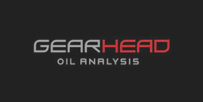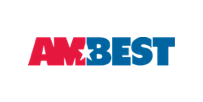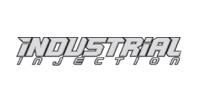ONBOARD® is Working Hard to Preserve our Natural Resources and Your Tax Dollars.

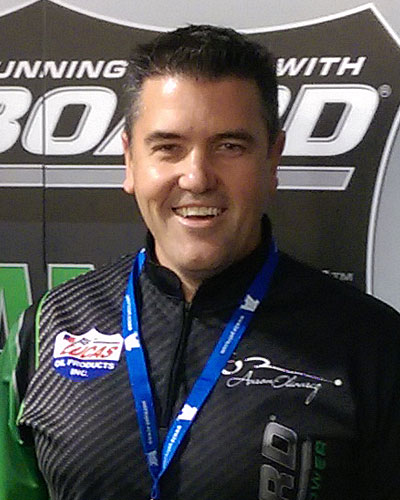
Anthony Evans
Founder & CEO
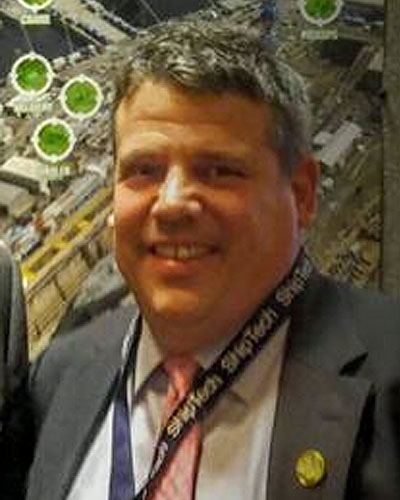
Matthew Sites
CSO / SR VP

Johnny Lytle
Brand Manager
Someday we may say: “Remember when we used to change the oil so often? The liabilities we incurred in disposing of it? How we wasted fuel in worthless friction?”
Work Smarter, Not Harder
Why some companies survive while others perish, some get stronger while others wane, some succeed while others fail in the face of innovation is addressed by Harvard Professor Clayton Christensen in his book, The Innovator’s Dilemma. He explains that good and well-managed companies often fail, not because of their weaknesses, but because they fail to harness disruptive technologies. “The logical, competent decisions of management that are critical to the success of their company are also the reasons why they lose their positions of leadership,” he says. We often see that, in the face of challenges, the decision is to work harder on the same processes and routines.
From the beginning at ONBOARD, we sensed that our refiner was a disruptive technology. We have created a product that refines oil while the engine is running, decreases fuel consumption by decreasing friction, and avoids polluting soil and water and, if possible, preserves air quality. In addition, we wanted to cut operators’ costs. Our product presents a cheaper, simpler, smaller and more convenient way to maintain an engine and, yes, it’s disruptive. The product changes the way maintenance is done, and it took some of the profits made by truck service companies that change the oil. Not everyone would be pleased. Our challenge was how to make the product so that it would be worth the disruption it would cause. How would we make the product in such a way that others will adopt it?
These are the principles we followed:
The principle of using less input for equal or better results
Disruptive products that succeed require less input in the operation process. The phase-out of the incandescent light bulb is an example. Our product had to deliver a measurable reduction in lubricant oil and, if possible, in fuel and other necessary inputs. We knew we could save oil, but it was exciting when our customers began to report significant reductions in fuel, from 3% to 8%. An independent operator driving a GTI 2013 Freightliner with a Cummins ISX 450HP engine bought and installed an ONBOARD® System in California and kept accurate electronic records of performance. A few weeks later, he wrote a brief message: “I’m saving on DEF purchases, MPG is up 0.3 to 0.4. More power on climbs, even noticed that my exhaust stack outlet was gray, not black, burning cleaner.” While it was not promised to our customers, the results of running with new oil all the time were showing.
The principle of addressing society’s concerns
Communities are concerned about the air we breathe, the water we drink, the soil we plant. Those resources affect our families and children and will never go away. So we made the refining process a closed system, and liquids residue from blowby in each cylinder is sent back to the combustion chamber for re-burn.
The principle of seeking time efficiencies
Idle time for trucks, trucks, and generators mean lower profits. If a truck or a truck does not need to go to a shop to change oil, it’s time gained. We even made oil analysis a simple operation. Changing a particle filter for an ONBOARD® System can be done in the field and only takes a few minutes.
The principle of quality
We shunned the idea of reducing costs by sacrificing quality. We kept our manufacturing in the USA to be able to monitor every quality detail. We chose aircraft aluminum and rejected plastic parts or softer metals in crucial areas. People often select a more expensive computer because the data is more important than the device itself. In our case, the vehicle is more valuable than our device, and its operation crucial. So we made our product to the highest possible standards.
The principle of simplicity
Embracing change is difficult, so we needed to make our installation simple and our processes clear. Our customers will have to accept temporary discomfort as changes are adopted and everybody embraces new procedures. No longer is it required to change oil every 15,000 or 25,000 miles, but there is a need to make an oil analysis, to read it and understand it. It is also necessary to change the particle filter, and it should be a glass filter with a Beta 1000 rating, not a cellulose filter with a lower Beta. These are simple but powerful rules that need to be followed.
Disruptive technologies have been a normal trend in our lives. Remember encyclopedias? Remember typewriters? We have moved on in many areas. Someday we may say: “Remember when we used to change the oil so often? The liabilities we incurred in disposing of it? How we wasted fuel in worthless friction?” Fleet and truck operators are now seeing disruptive technologies arrive on their shop floors. Which of them are adopted could mean the difference between success and failure.
